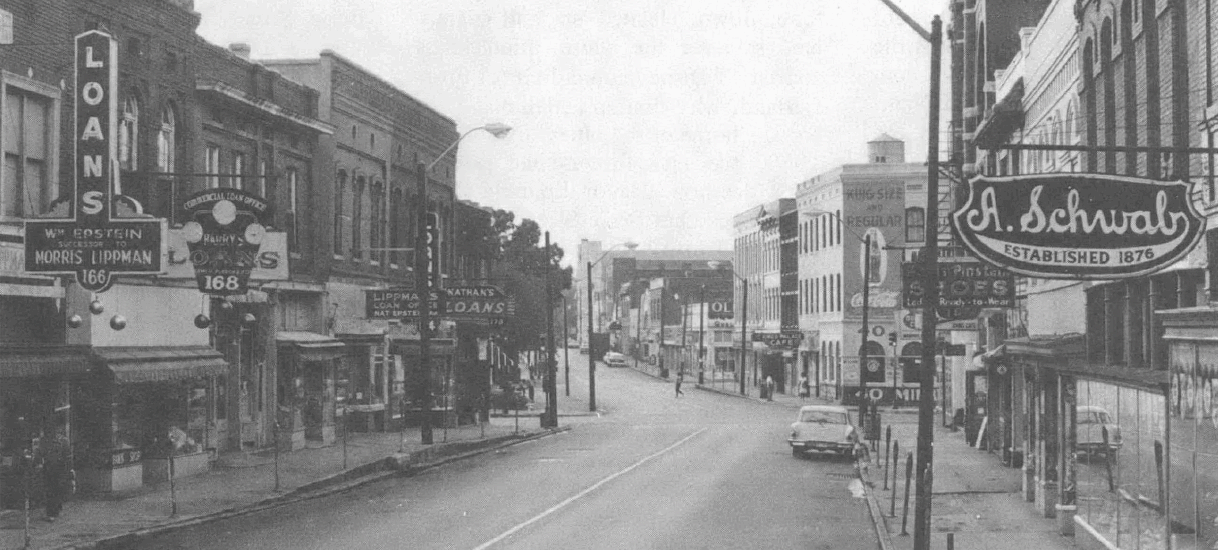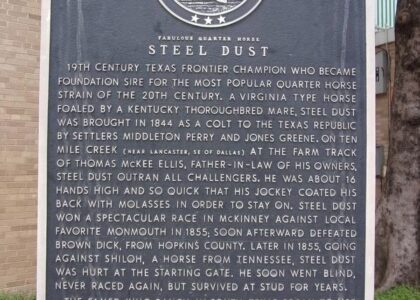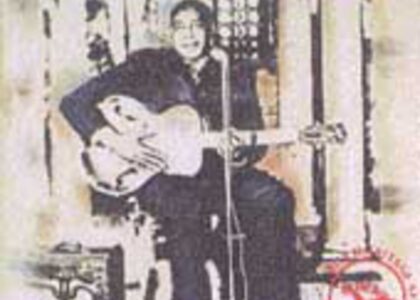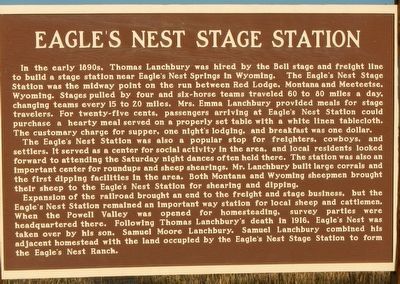Welcome to Historic Beale Street Blues, a place where the vibrant chords of music and the echoes of history come together. As you stroll down Beale Street, you’re walking through a living museum of American music culture. Established in the late 19th century, around 1841, Beale Street has grown from a humble throughway to a cultural landmark, earning its reputation as the ‘Home of the Blues.’
Beale Street’s journey began when entrepreneur Robert Church, the South’s first African American millionaire, invested in the area in the late 1800s. This sparked a cultural and economic renaissance that transformed Beale into a bustling hub of commerce and music. By the early 20th century, it was the beating heart of the city’s African American community.
In the 1920s and 1930s, the street thrummed with the sounds of blues legends like W.C. Handy, known as the ‘Father of the Blues.’ Handy composed the famous ‘Beale Street Blues’ song right here, capturing the essence of the street’s lively atmosphere. His work laid the foundation for future blues musicians and earned Beale Street its historic musical reputation.
Throughout the 1940s and 1950s, Beale Street continued to evolve, becoming a melting pot of musical innovation. It was a place where B.B. King honed his craft, and where the electrifying sounds of Rufus Thomas and other pioneers of rhythm and blues filled the air. This era saw the street rise as a symbol of African American cultural expression and resilience during a time of segregation and social change.
The street’s influence extended beyond music. It was also a key location for the civil rights movement in the 1960s. Leaders like Martin Luther King Jr. visited, and the street became a gathering place for discussions and planning pivotal to the movement.
In the decades that followed, Beale Street faced periods of decline, but passionate efforts by musicians, historians, and the community have preserved its legacy. Today, it’s a vibrant destination that celebrates its rich musical past, hosting festivals and events that draw visitors from around the world.
As you stand here, think of all the stories that have unfolded on these cobblestones. From the jazz and blues that shaped American music to the civil rights rallies that changed a nation, Beale Street remains a testament to the power of culture and community. Its vibrant legacy continues to inspire new generations of musicians and visitors alike, making it not just a street, but a living, breathing part of history.






